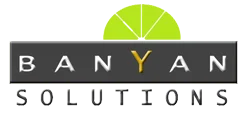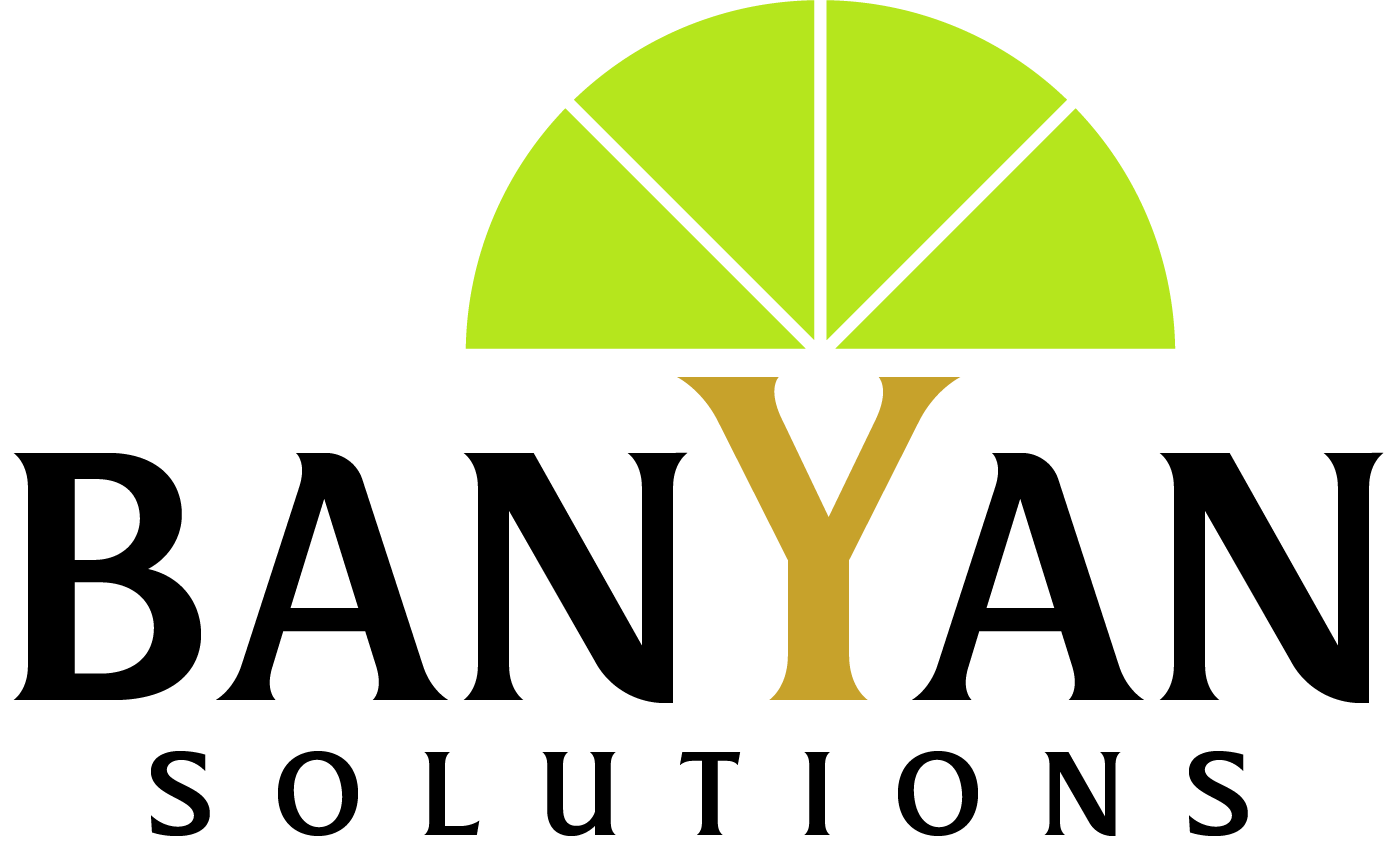
'Data Cleansing' or 'Data Cataloging'
Any enterprise with a long standing would have several data sets like inventory, vendor lists, employee information, customer data, supplier details, etc. Maintaining each of these master data sets is inevitable for improving efficiency and ensuring smooth flow of business, and becomes even more critical with the increase in the scale of business operations.
Unless standardized, over the years master data becomes laden with several inaccuracies and inconsistencies, rendering it far less useful than it should be in critical decision- making. Inaccurate, incomplete or inconsistent master data further decreases the value derived out of enterprise applications like the ERP, CRM, Purchase or Sales data management etc., resulting in lower productivity and incurrence of avoidable additional costs. This is where data cleansing or data cataloging becomes a significant part of business expansion.
Banyan offers Data Cleansing service using the ECCMA Open Technical Dictionary(eOTD) as the standard, thus enabling our clients to have ISO 8000 compliant master data.
‘Data Cleansing’ or 'Data Cataloging'
Simply put, data cleansing or data cleaning is an art of standardizing a data set, be it inventory or vendor lists or employee listing, etc. Data Cleansing also goes by several other names such as inventory rationalization, de-duplication, data cataloging, data standardization, data normalization, etc. Some of these like rationalization or de-duplication are benefits of data cleansing while others such as cataloging or normalization are synonyms to data cleansing depending on the nature of data being cleaned. When an organization is cleansing their inventory, it will be more often referred to as a data cataloging project. Data sets such as inventory, vendor lists, employee lists, etc. are also called as master data and management of this is referred to as Master Data Management.
Data Cleansing
Enterprises today, realize the importance of adopting a universally accepted standard for classification such as UNSPSC, SIC, CPV, NAICS, HTS etc for managing large volumes of data. Data classification not only helps in standardizing silos of data both master and transactional, but also ensures that the available data is accurate and highly useful in decision-making.
Classification of data helps standardize and group data by bringing a common code across products and services from different industries. Classified data becomes highly actionable information in the hands of managers, enabling them to
Data Classification
Benefits are innumerable and huge long term returns can be expected, if a data cleansing project is done properly. Take data cleansing of an inventory for example, benefits drawn include removal of duplicates that could usually lead to anywhere between 15-25% cost reduction, identification of alternative or substitution parts, better sourcing, contracting, etc. Now take something as simple as cleansing a mailing list of people with addresses and contacts, the benefits drawn include not having to send mails two or more times, removal of wrong addresses, correctly mapped contact information, etc.
Assignment of a class name to each item in your inventory
Assignment of a Classification Code such as UNSPSC code to each item.
Assignment of an Identification Guide or Template to every class name that you use
Assignment of values to the properties of your template
Standardization of those values (including their Unit of measure)
Standardization of Unit of Issue
Generation of Short and Long Description
Data enrichment using the internet
Let’s Transform Your Data Together!
Get in touch with us today to learn how Banyan Solutions can support your business with reliable and efficient data management services.




